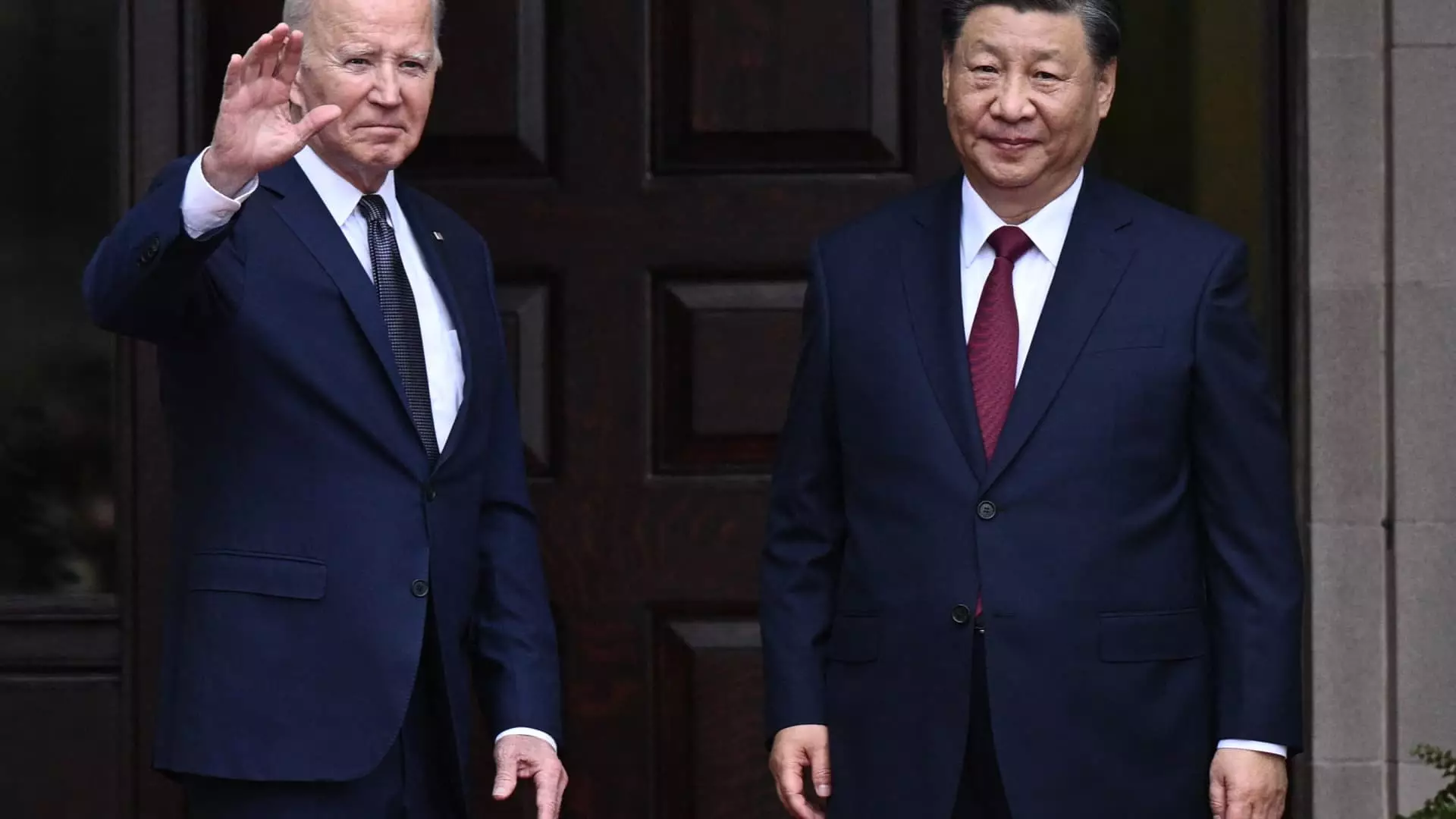China has expressed its firm opposition to the U.S. investigation into its maritime, logistics, and shipbuilding industries. The Chinese Ministry of Commerce referred to the move as a “mistake on top of a mistake.” According to the ministry, the U.S. provides discriminatory subsidies to its domestic industries worth hundreds of billions of dollars, yet accuses China of employing so-called “non-market practices.” China maintained that the development of its industries is a result of companies’ technological innovation and active participation in market competition.
The Office of the U.S. Trade Representative launched a probe into China’s maritime, logistics, and shipbuilding industries, alleging that Beijing used unfair, non-market policies and practices to dominate these sectors. This action falls under the Trade Act of 1974, specifically Section 301, which aims to address unfair foreign government practices affecting U.S. commerce. Despite the U.S.’s rationale for the investigation, China contends that launching a new Section 301 investigation is another error on the part of the U.S.
Five national labor unions initiated a petition on March 12, urging the U.S. to investigate China’s maritime, logistics, and shipbuilding sectors. U.S. Trade Representative Ambassador Katherine Tai has committed to conducting a thorough investigation into the concerns raised by the unions. The allegations brought forth by the unions and the subsequent investigation underscore a broader issue where China employs non-market policies and practices to gain a competitive edge both domestically and globally.
President Joe Biden has endorsed the USTR’s move to triple tariffs on Chinese steel and aluminum imports to safeguard American industries. The White House cited Chinese policies and subsidies in the steel and aluminum industries as a reason for undercutting high-quality U.S. products with artificially low-priced Chinese alternatives that have higher emissions. During a speech in Pittsburgh, Biden accused China of engaging in unfair trade practices, specifically in the steel sector.
The U.S. investigation into China’s maritime, logistics, and shipbuilding industries reveals a larger narrative of economic competition and trade disputes between the two global powers. While the U.S. asserts that China’s practices are unfair and detrimental to American industries, China maintains that its industrial development is a result of legitimate technological advancements and market competition. The outcome of this investigation and the subsequent actions taken by both countries will undoubtedly have significant implications for their bilateral trade relations and the global economy as a whole.



Leave a Reply